Let's be honest: talking about mental health at a golf club can feel… awkward. Nobody wants to kill the vibe with “deep chat” on the 3rd tee, or turn the weekly medal into a wellness workshop.
But the thing is, those conversations are already happening. They just sound different. A mate muttering about being “knackered all the time.” Someone playing more rounds alone. The polite silence after a throwaway comment about a divorce. Mental health shows up in code, in gaps, in the stuff we politely skip past.
The art isn’t in creating these conversations from scratch. It’s in making them feel a bit less like walking through a minefield.
Golf culture does plenty well: community, loyalty, that peculiar mix of taking the piss and having each other’s backs. But it also runs on “not making a fuss,” keeping things light, quietly getting on with it. Which works most of the time - until it doesn’t.
Breaking the awkwardness doesn’t mean turning the clubhouse into group therapy or staging interventions on the first tee. It just means making the conversations that are already there feel less weird, less heavy, and more like the rest of golf culture - honest, low-key, and woven into the banter.
That’s what this guide is about: taking what feels clunky and making it natural. A small shift that makes it easier for people to talk, and easier for everyone else to listen.
Quick takeaways
- Mental health conversations are already happening at your club. You're just making them less awkward.
- Start small. Replace "fine, thanks" with something slightly more honest about how you're actually doing.
- You don't need qualifications. Just basic human decency and willingness to listen.
- Use golf club culture to your advantage. Walking and talking makes difficult conversations easier.
- It's not about becoming a wellness warrior. Just being slightly more human with each other.
- Know your limits. You're not a therapist, but you can be a decent mate.
- Change happens quietly. Through genuine conversations, not dramatic gestures.
What Gets in the Way
"It feels awkward"
Of course it does. Most things feel awkward until they don't. Like your first round with new playing partners, your first day at a new job, or parallel parking while someone watches.
Awkward doesn't mean wrong. It just means unfamiliar. And the only way past it is practice.
What helps:
Start with people you already feel comfortable with. Practice being slightly more honest about your own stuff before trying to help others with theirs.
"I don't want to make it a big deal"
Good news: you don't have to. Making things normal means treating mental health just like anything else that occasionally needs attention. Your swing, your short game, or your sleep schedule. None of these are character flaws. They all benefit from a bit of support and a few good tips.
What helps:
Keep the tone conversational. "You seem a bit off, everything alright?" hits differently than "I'm concerned about your mental health."
"I'm not qualified"
Perfect. Most of us aren't, and that's exactly why it works. Professional help is brilliant when you need it, but often people just want someone to listen without fixing anything.
You're not diagnosing or providing therapy. You're being a decent human who notices when someone might be having a tougher time. No qualification required, just compassion.
What helps:
Remember your role. You're the mate, not the therapist. Sometimes that's exactly what someone needs.
"I don't know what to say"
Join the club. Nobody does, and that's actually liberating once you accept it.
The good news is that most conversations about mental health aren't about finding the perfect words. They're about showing up. Being present. Letting someone know they're not invisible.
"I'm glad you told me" works in about 90% of situations. So does "That sounds tough" or "I'm here if you need to talk." Simple. Human. No therapy-speak required.
What helps:
Listen more than you talk. Ask simple questions. "How long has this been going on?" "What's been the hardest part?" "Who else knows about this?"
"This isn't the place"
Says who? Golf clubs are full of conversations. About work, family, money, health, relationships, that thing your neighbour's dog did last week. Mental health is just another part of life that sometimes needs discussing.
Besides, golf clubs are actually pretty good places for these conversations. There's something about walking a fairway or sitting in the clubhouse that makes talking easier. No eye contact required. Plenty of natural pauses. And if things get too heavy, there's always the next shot to focus on.
What helps:
Use the environment to your advantage. Side-by-side conversations on the course. Quiet corners of the clubhouse. The car park after a round when everyone's loading their clubs.
{{divider-main="/content-templates"}}
The Bigger Stuff
Stigma
Let's be honest. A lot of golf clubs aren't exactly known for being the most progressive spaces on the planet. There's still a lingering sense that admitting you're struggling is somehow weak, unmanly, or just not what people do here.
Which is odd, because golf is literally a game about failing most of the time and still showing up. About dealing with frustration, disappointment, and the occasional existential crisis over a missed putt. If golfers understood mental health as well as they understand bad rounds, we'd probably have this whole thing sorted by now.
What helps:
Frame mental health like someone's game going through a rough patch. With patience, encouragement, and confidence it'll get better with support. Nobody judges someone for taking lessons or working with a pro when their swing goes wrong.
Shame
The voice that says "everyone else seems to be coping fine, why can't I?" can be particularly loud in golf clubs. Everyone's putting on a good show, talking about their latest round, their holiday plans, their kids' achievements. Nobody's talking about the stuff that's actually hard.
But here's the thing: everyone's dealing with something. The person who always seems to have it together might be struggling with work stress. The guy with the perfect swing might be going through a messy divorce. The member who's always buying rounds could be drowning in debt.
What helps:
Normalise the fact that life is hard sometimes. Not as a problem to be solved, but as a basic fact of being human. The more normal it becomes to admit things aren't always perfect, the less shame there is in needing support.
Fear of Ruining the Vibe
There's a real worry that bringing up mental health will somehow kill the mood. That the club will turn into a place where everyone's walking on eggshells, analysing every comment, turning every conversation into a wellness check.
But good conversations about mental health don't ruin the vibe. They improve it. They make the space feel more human, more genuine, more like a place where people actually care about each other rather than just pretending to.
What helps:
Remember that the best mental health conversations often happen naturally, as part of other conversations. You don't need to schedule them or announce them. They just happen when people feel safe enough to be honest about how they're really doing.
{{divider-main="/content-templates"}}
Real Culture Change Is Quiet
Real culture change in golf clubs happens the same way everything else does: quietly, between people who trust each other, in WhatsApp groups and conversations on the practice range and the few minutes after a round when everyone's still feeling chatty.
It's the captain checking in on absent members, the committee member suggesting helpful resources in newsletters, the regulars asking each other genuinely, "How are you really?"
It's slow. It's human. It's how everything else in golf culture spreads. Someone tries something, it works, other people notice, and gradually it becomes just what people do.
The beauty of this approach is that it doesn't require anyone to become a mental health advocate or wellness warrior. Just slightly more honesty about life's occasional challenges and willingness to support one another.
{{divider-main="/content-templates"}}
Mental Health Is Already at Your Club
The truth is, mental health isn't new at your club. It's been there quietly all along, in the way members rally around someone facing challenges, friendships built over shared rounds, and unspoken support during tough times.
You're not creating something from scratch. You're just making space for conversations already waiting to happen.
Start small. Next time someone asks how you're doing, try giving them an honest answer. Something more real than the usual "fine, thanks." You might be surprised how much that small shift changes things. How much easier it makes it for other people to be honest too. How much more human the whole place starts to feel.
Because that’s what this is really about. People being a bit more human with each other, at a place that’s always been about more than just golf.
If you have concerns about your mental health or well-being, please speak to a qualified health or mental health professional.
%20(13).avif)


.jpg)


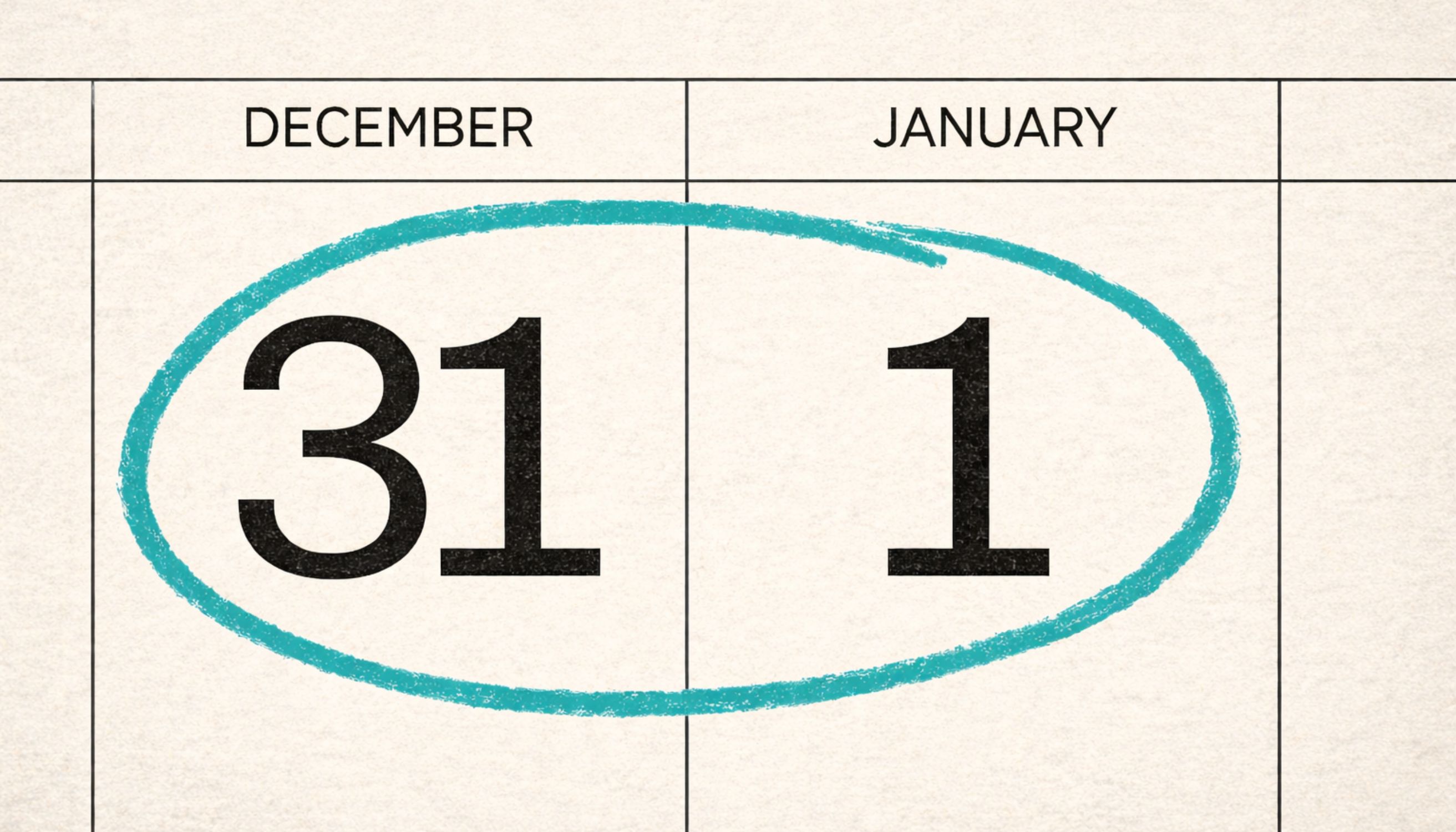
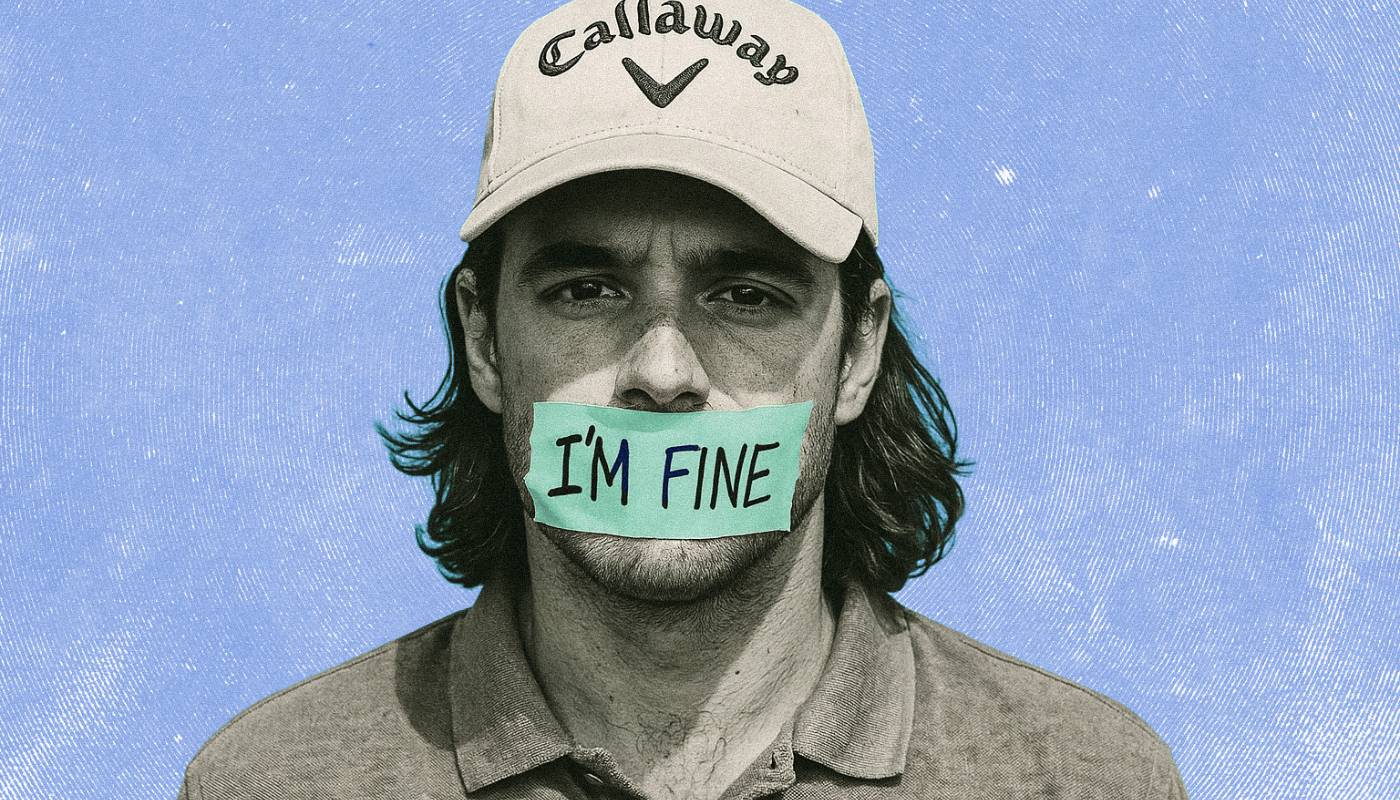

.jpg)
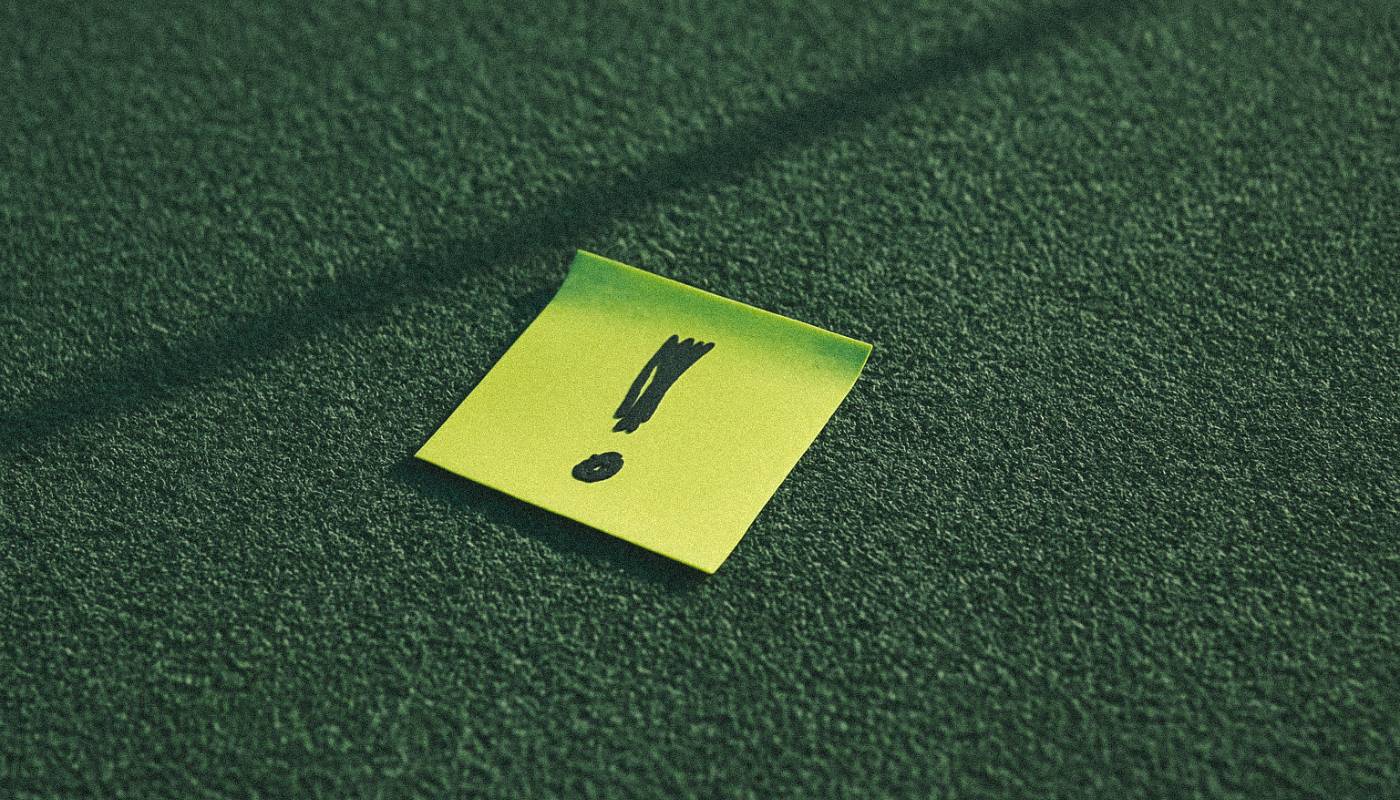
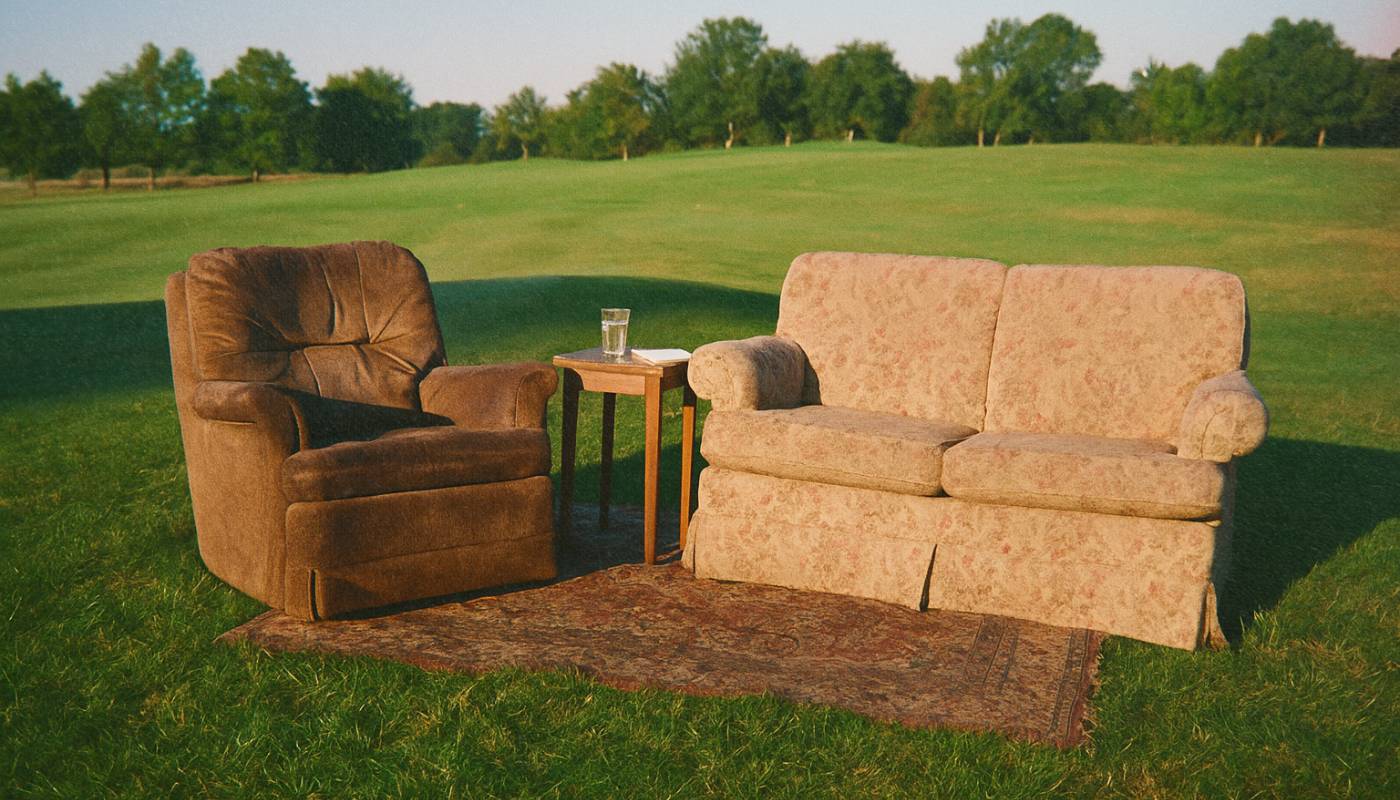

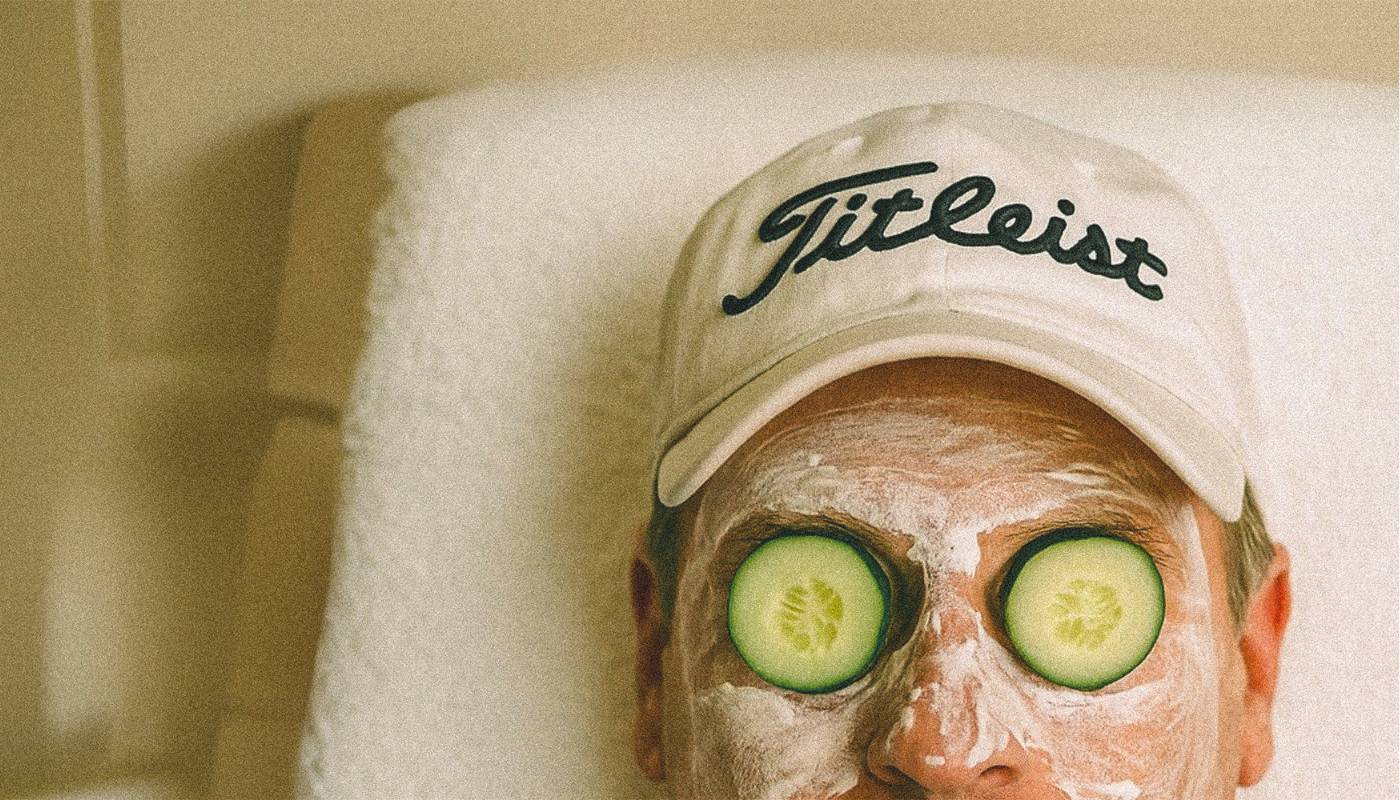
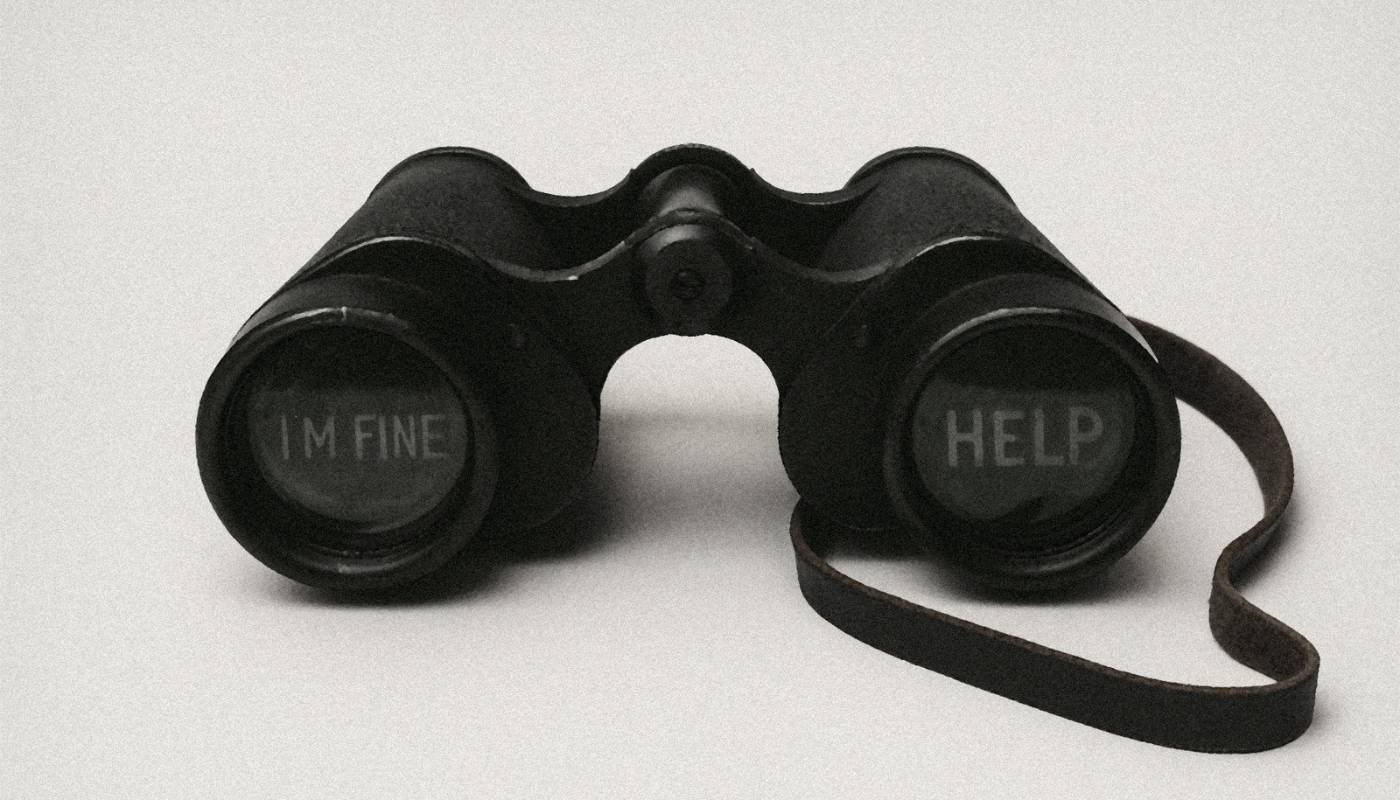
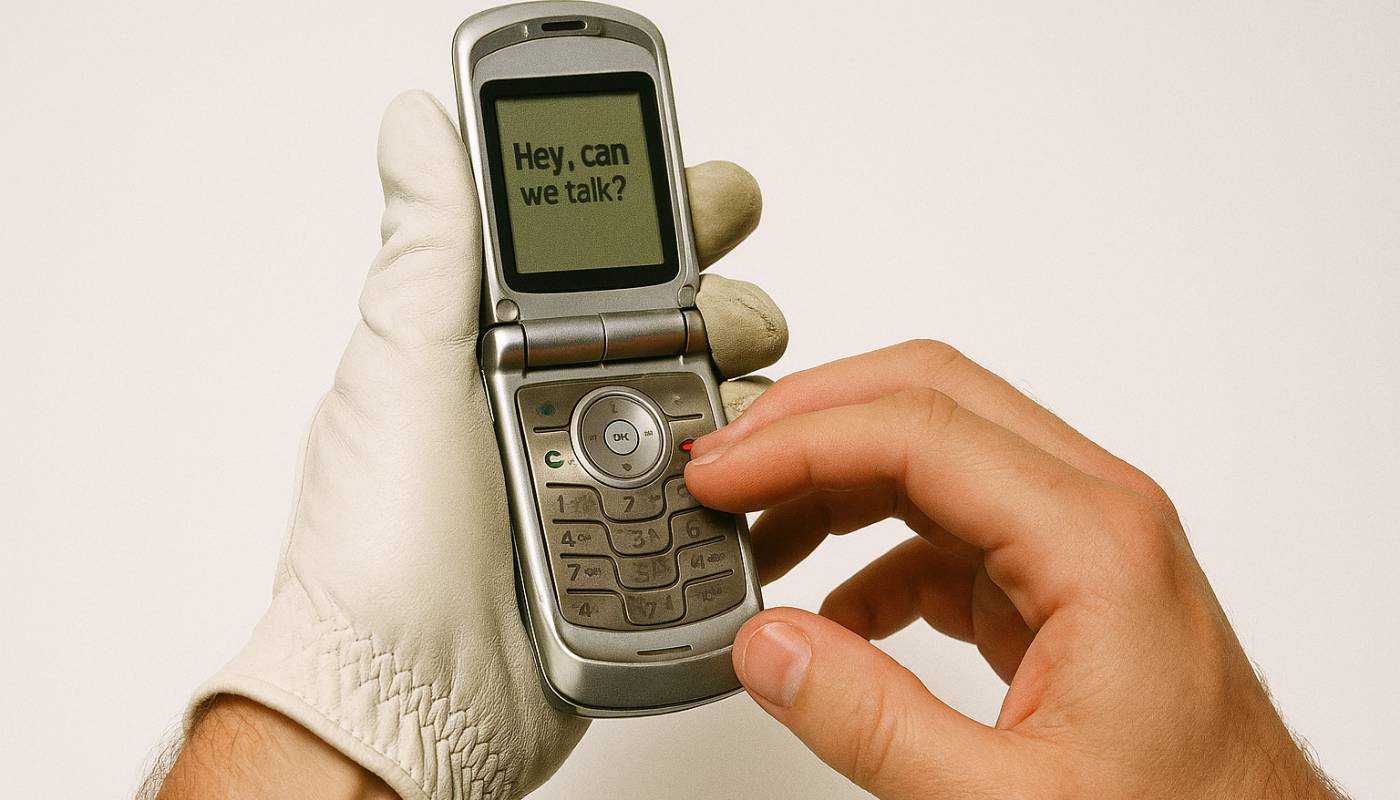
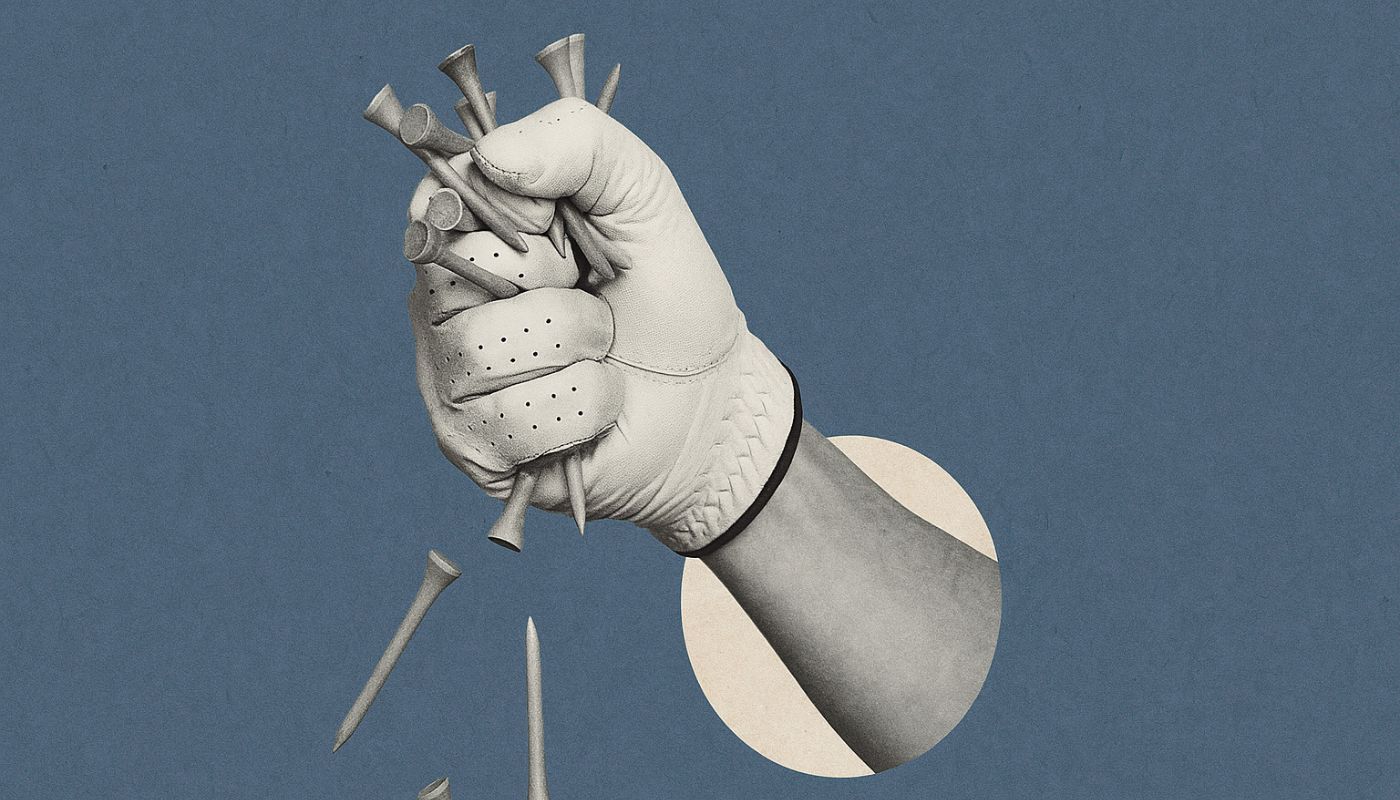
.avif)